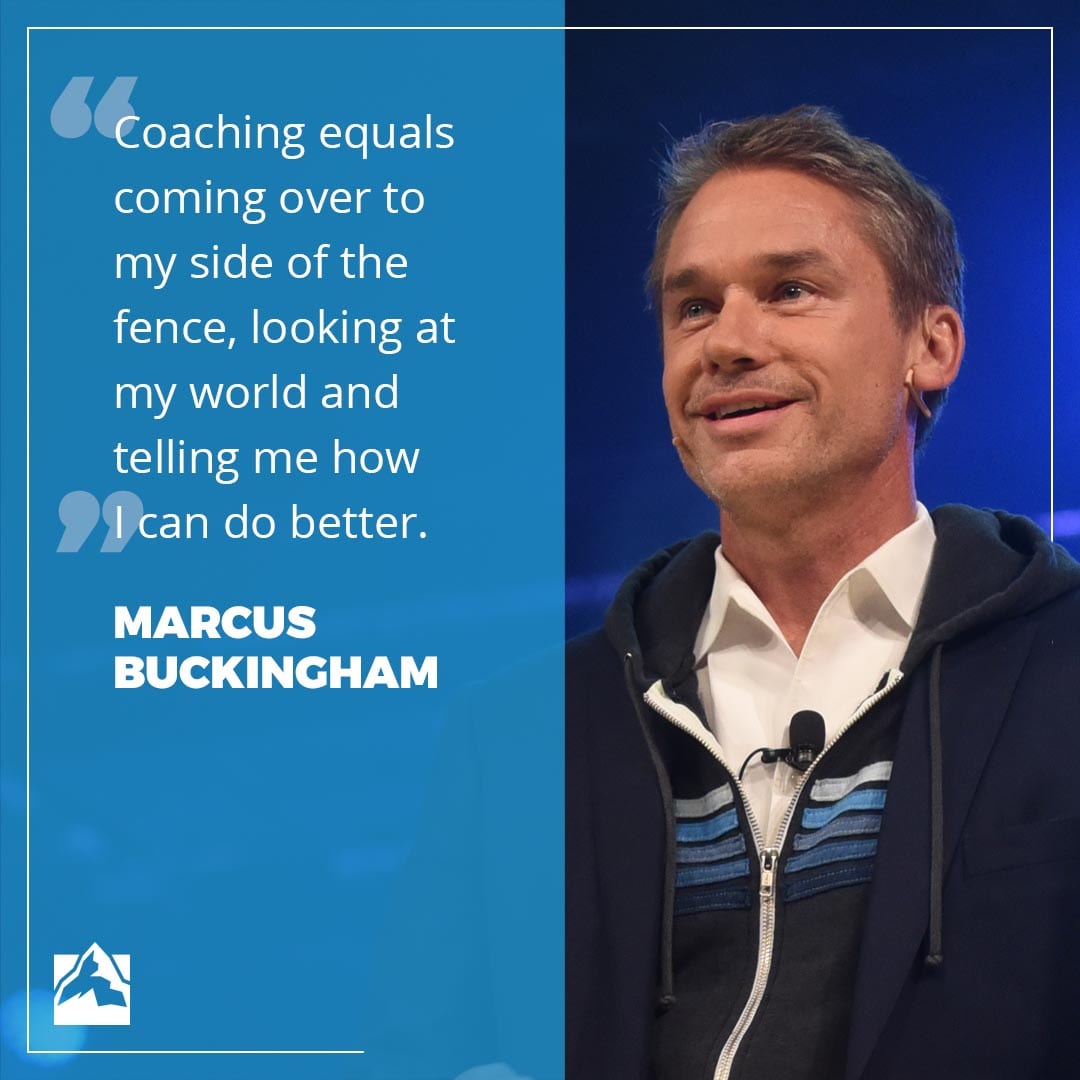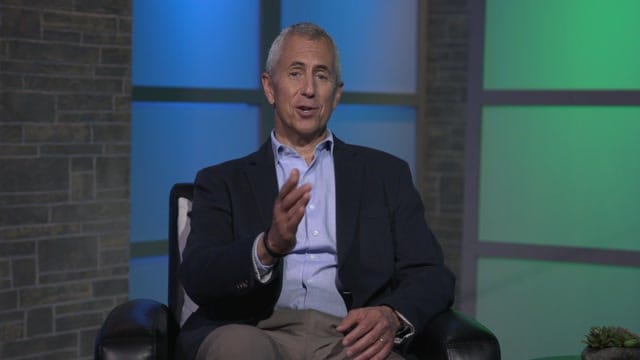
Kevin Ward walked out of his family owned hotel in Swaziland, passing the same sites each day—seeing homeless street children, orphans with no money to attend school, hungry and inhaling solvents to numb their pain. Kevin offered them food, and continued on.
But God was tugging on Kevin’s heart.
It was no longer good enough for me to simply hand out food
“It was no longer good enough for me to simply hand out food,” says Kevin. “We had to do something more substantial. I felt the Father’s heart and there was no going back. The revelation of God’s love for us and his children spilled over into deep compassion for the least of these. They needed protection, healing, restoration and reconciliation.
“This was the beginning of my journey.”
God got Kevin’s attention to do more.
What started out in a single location at a previously known nightclub bar converted into a care center for these children, became a light in the darkness in a notoriously dangerous area of the city. “We called it The Lighthouse,” says Kevin. “It was here that we began to understand the real devastation of young lives due to HIV/AIDS. And it was here, through providing a consistent base to work from, where we could get to know the children, know their stories and begin to really help them.”
The critical need for this ministry to young lives on the streets.
“One day while I was serving food to the children, I heard a painful scream,” says Kevin. “Nearby, a child was showering before putting on some new clothes he was given. Soap had run into his wounds caused by excessive abuse, and his pain was unbearable. Nurses were already there on the street testing children for HIV/AIDS, so were quickly on the scene assist him.”
At one time, the statistic reflected that 9 out of 10 children would not make it to the age of 31
Later, Kevin learned that both of the boy’s parents had died, and because his grandmother was in such poverty, she gave him to a man to live with. This man had been sexually abusing the boy, and he finally ran to the streets to get away—the same day Kevin heard his heart-breaking scream; the same day the nurses discovered 14 of the 15 children in the area on the street tested positive for HIV/AIDS.
To understand the context these children are coming from, it’s important to know that HIV/AIDS hit Swaziland harder than any other country in the world and has the notoriety of having the worst HIV percentage rate in the world.
“At one time, the statistic reflected that 9 out of 10 children would not make it to the age of 31,” says Kevin. “HIV/AIDS was also taking out the strong and wealthy as well. Normally these diseases primarily take out the weak and poor. Not HIV/AIDs. It hit those earning the money, away from home in work, those supposed to carry the families, and it hit them the hardest. Suddenly, we were experiencing areas where as many as 20 percent of families in the community were child-led, with the average age of that child leading the family being 11 years old. How does an 11 year old support his or her siblings with food and living expenses? Many ran to their extended family networks, which began to strain under the load. Others went to the streets.”
Ministry grows, and lives are changed, because the Church is the hope of the nation.
Kevin and his wife, Helen, lead In the Community, By the Community in Swaziland. Their strategy is to choose the most devastated and economically impoverished areas to bring life, hope and light to the community. So far, Kevin, Helen and their team have planted 10 of these unique, community churches. Through these communities, today they are serving as many as 440 children through the pre-schools and the OVC care, reaching over 3,000 others.
Our ultimate goal is to motivate the Church to be the hope of the nation
“Our ultimate goal is to motivate the Church to be the hope of the nation,” says Kevin. “We want each church to be sustainable financially, teaching and living out loving marriages and families, and providing healthy homes in their community for widows, orphans and vulnerable children.
“My favorite outcome story from this ministry is about one young man. I saw him go from a young boy on the street, hooked on drugs, being pimped to becoming a pastor of a church of 600! He is married, has a beautiful daughter and is a pillar to our nation. Only God!
“If I had not said yes to God’s call, I would have missed God’s heart for the least! I would have missed His whisper, His nudge to love the unlovable. I would have missed being an accurate reflection of His hands and His feet. I would have missed seeing the miracle of restored lives, seeing hope being birthed in hopeless situations. I would missed the miracle of changed lives changing lives. I would have missed His heart beat.”
Empowered by The Global Leadership Summit
Leading this endeavor takes an incredible amount of grit, endurance and passion, which Kevin, Helen and their team have a lot of. But they also seek to sharpen their leadership and skills to take the ministry to the next level. This requires leadership training and encouragement. That’s where The Global Leadership Summit comes in.
Kevin and Helen first came across The Global Leadership Summit during an unplanned encounter with a pastor named Stan Tharp, who was visiting the country from the US with his team in search of a ministry for his church to get involved in—something his church decided to do as a result of the Summit. God is a great orchestrator! Read more about their story here.
Through their partnership with Stan Tharp’s church, Christian Life Center in Dayton, Ohio, they were able to bring the Summit to Swaziland for the first time in 2015. The event has been catalytic! Since then, they’ve been able to equip and encourage leaders from business, government, healthcare, churches, education, & youth all across the country. And for the first time this year, the Summit will be brought to every prison in Swaziland!
For the ministry of In the Community, By the Community, the Summit has helped them find and train the human resources to run the organization efficiently, build up their leadership skills, discover how to bring the organization from where they are today to where they want to be in the future, but most importantly, it has reminded them and empowered them with the idea that the Church is the hope of the world.
It helps government become more efficient, effective and sustainable. It creates a resurgence of integrity, righteousness and hope.
“The GLS is a tool that unites the church in being practical and relevant not only in the church, but also for the under-churched, the de-churched and the un-churched,” says Kevin. “It helps government become more efficient, effective and sustainable. It creates a resurgence of integrity, righteousness and hope. It inspires the church! Doors are bursting open with opportunity in various sectors of our society, and people are excited about being involved. There is a desperate hunger for leadership development here, in every sector. The GLS has become our foremost event with a diverse curriculum inspiring the body, soul and spirit. We build our calendar of activities around this event!”

















Recent Comments